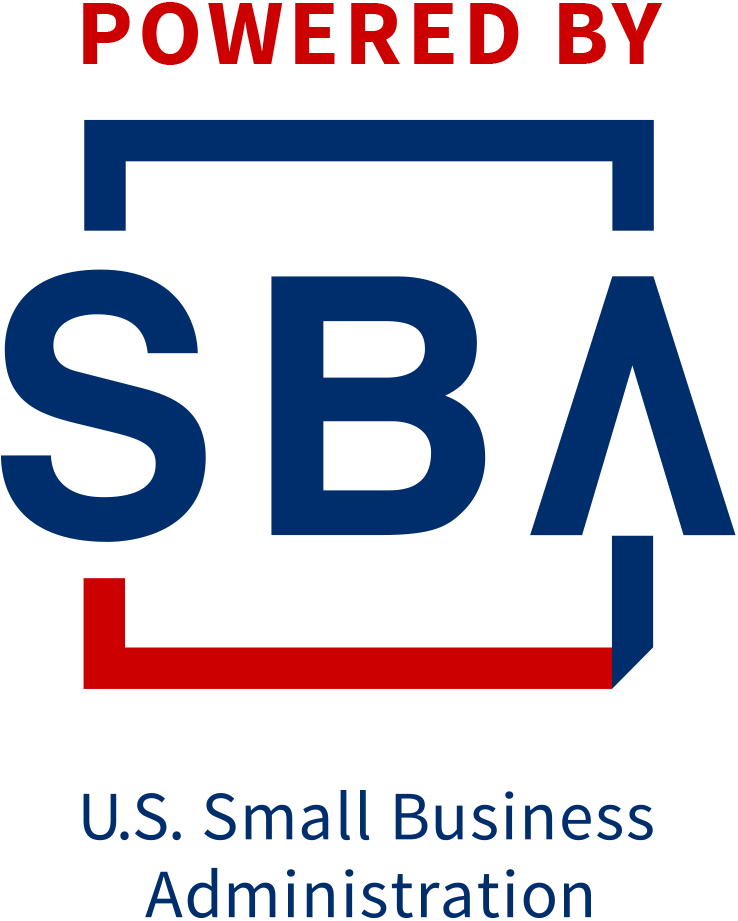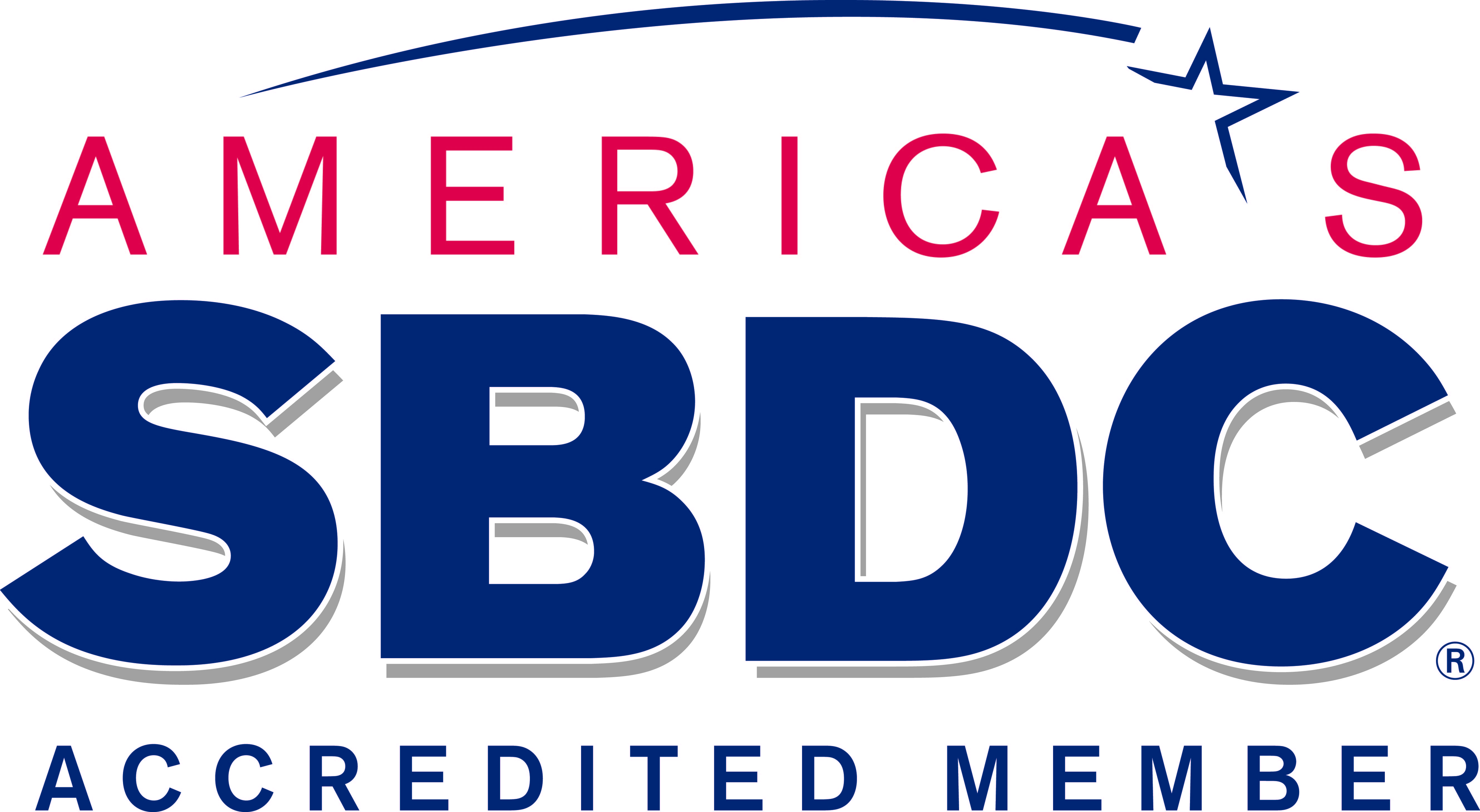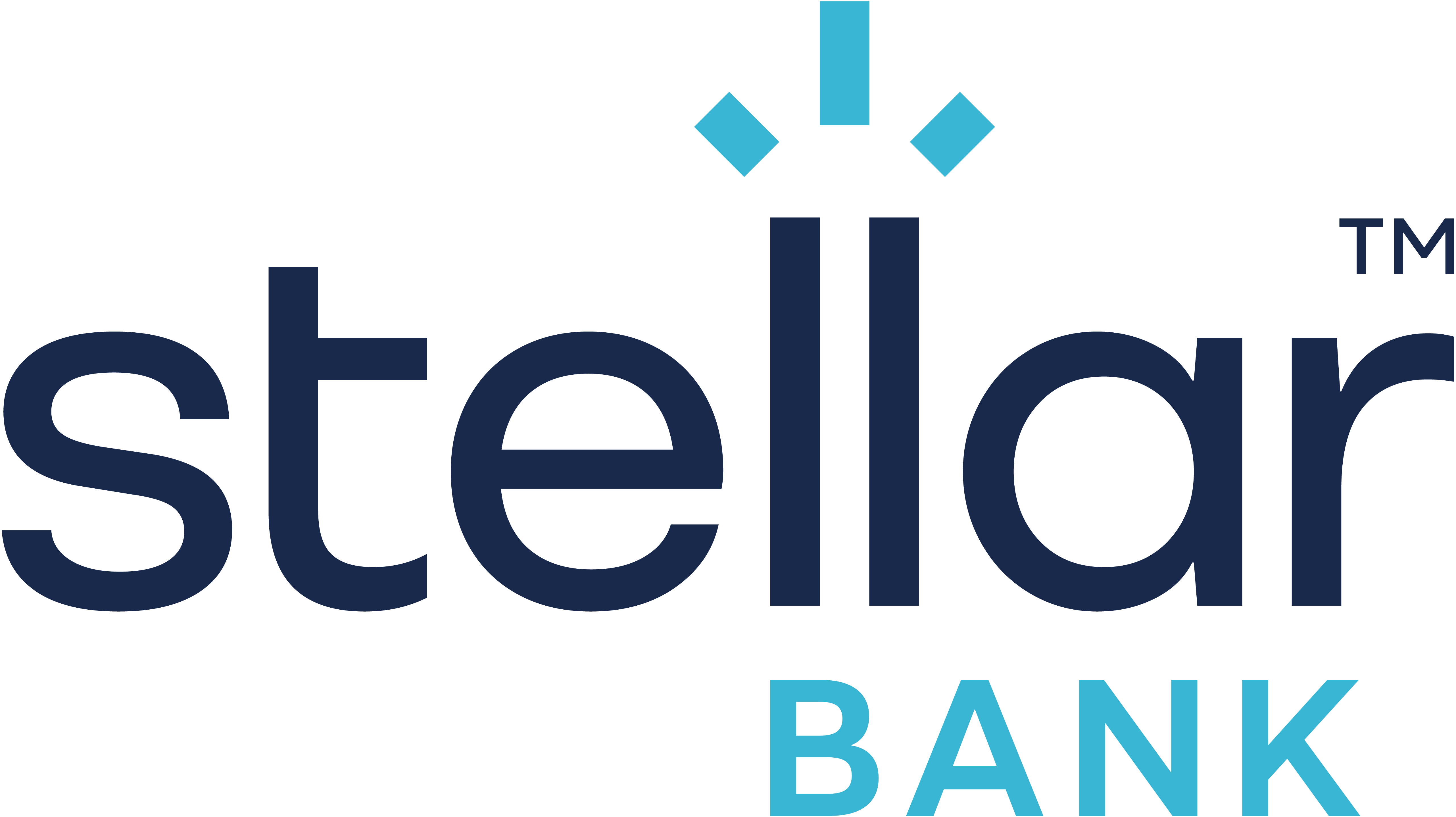Choosing a Financial Tool for Your Small Business

By: Aries Payne
Managing finances is one of the biggest challenges small business owners face. From tracking expenses to forecasting cash flow, the right financial tools can make a world of difference in keeping your business organized and running smoothly. But with so many options on the market, how do you know which one is the best fit for your business?
Understanding what to look for in a financial tool can simplify the decision-making process and ensure you choose a solution that supports your growth and day-to-day operations. That said, here are some key factors to consider when choosing a financial tool.
Business Size
Not all financial tools are created equal, and the size of your business often dictates what features you require. A single entrepreneur may only need basic accounting software, while a growing small business with multiple employees might benefit from more comprehensive tools that can manage payroll, taxes, and inventory. Make sure your chosen tool can handle your current workload and scale as your operations and team expand.
Business Budget
Budget should always be a major consideration for small businesses. Fortunately, financial tools come in a wide range of price points—from free versions with limited features to premium software with advanced capabilities. Be realistic about what your business can afford, but also consider the long-term value. Sometimes, investing in a slightly more expensive tool that saves time and reduces errors can pay off later. Don’t forget to factor in potential hidden costs like training, upgrades, and integrations.
Accessibility
Today’s financial tools offer multiple ways to access and manage data, from desktop applications to cloud-based solutions with mobile apps. Consider how and where you’ll need to use the tool. If you often work on the go or manage a remote team, having cloud-based software that allows you to check in from anywhere could be exactly what you need.
The software you choose should also be user-friendly to ensure you and your employees can navigate it easily without extensive training, allowing you to focus more on running your business than troubleshooting software issues.
Features
When comparing tools, focus on the features that will impact your business most. Common features to look for include invoicing, expense tracking, financial reporting, tax preparation, and payroll services. Some tools also offer industry-specific features that may benefit your business. Additionally, ensure the option you choose offers data security and privacy to protect sensitive business information. Finally, consider whether the tool can integrate with your business’s existing software.
Support
Even the most user-friendly financial tools can present the occasional challenge, so reliable customer support is crucial. Look for tools that provide multiple support options, such as live chat or a comprehensive knowledge base that’s easy to navigate.
Select a Financial Tool for Your Business Needs
Choosing the right financial tool is an important step in managing your business finances effectively. With so many options available, taking the time to evaluate your business’s needs, size, budget, and the benefits different tools offer will help guide you toward the best solution.
If you're exploring platforms like QuickBooks, our organization has regular business training classes and a QuickBooks Business Specialist to help you get started and make the most of its features. However, if you need additional assistance in selecting the best financial tool for your small business, contact one of our business advisors for no-cost guidance!







